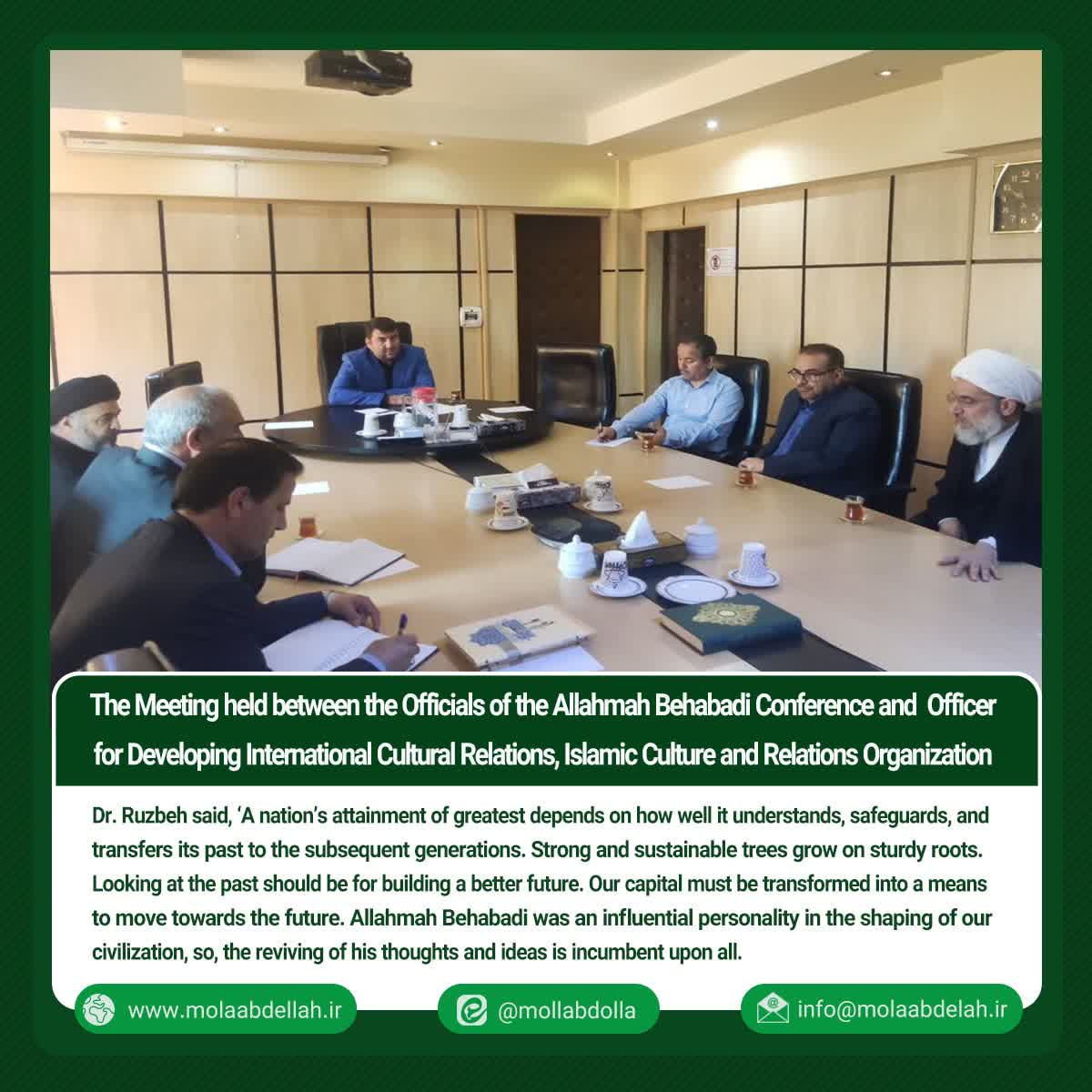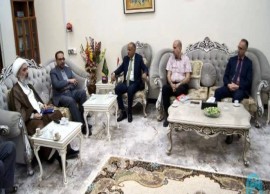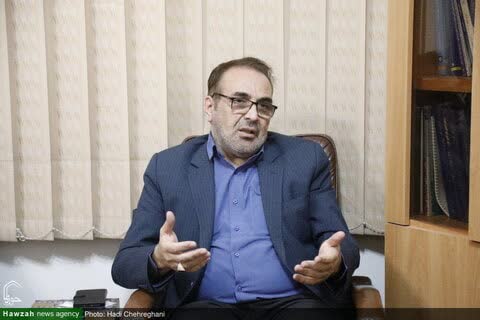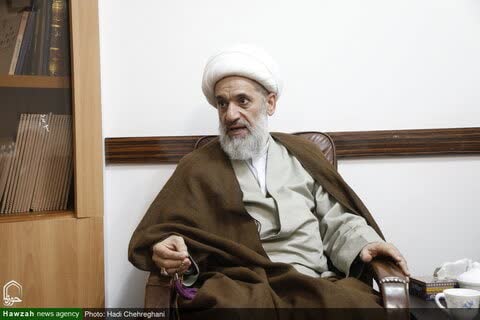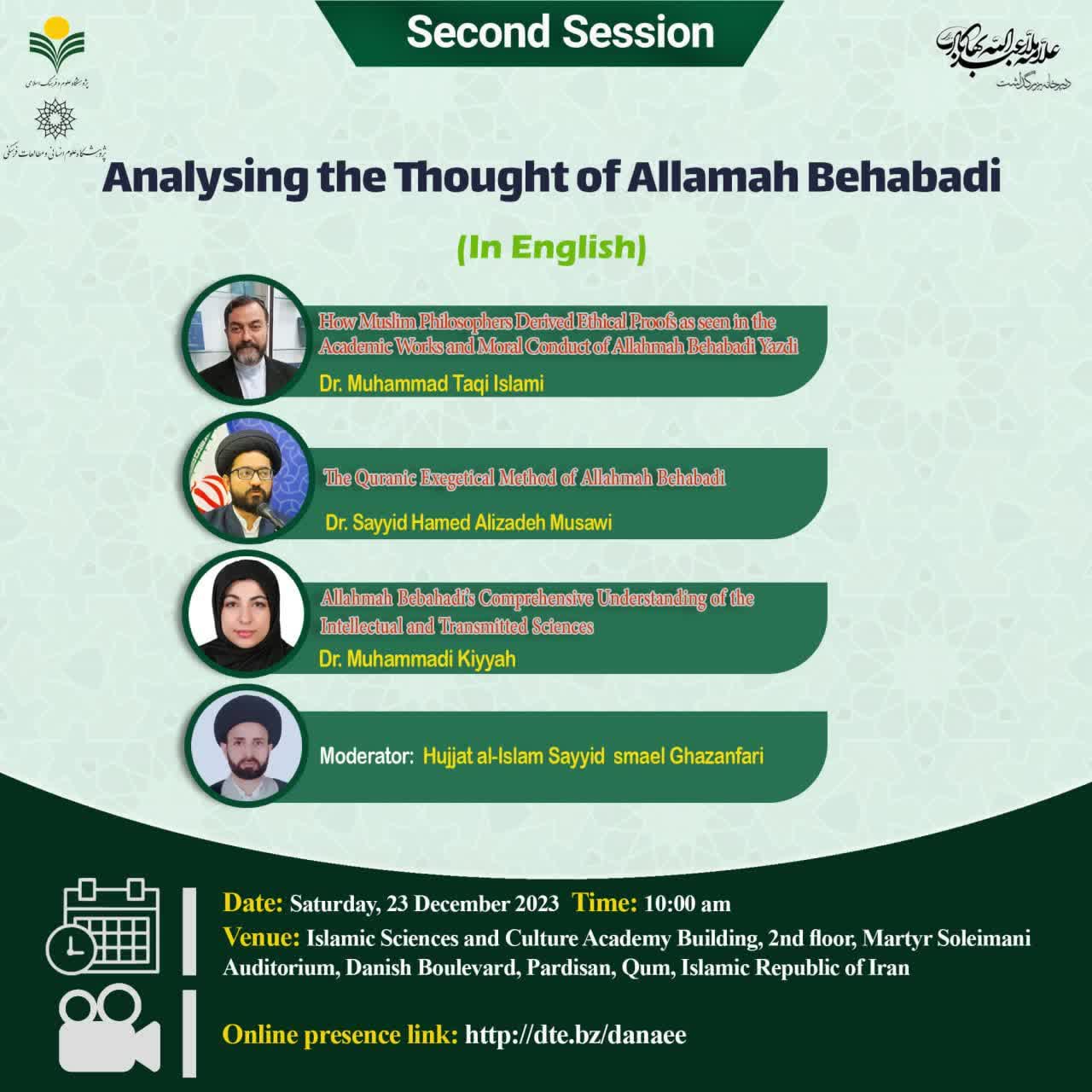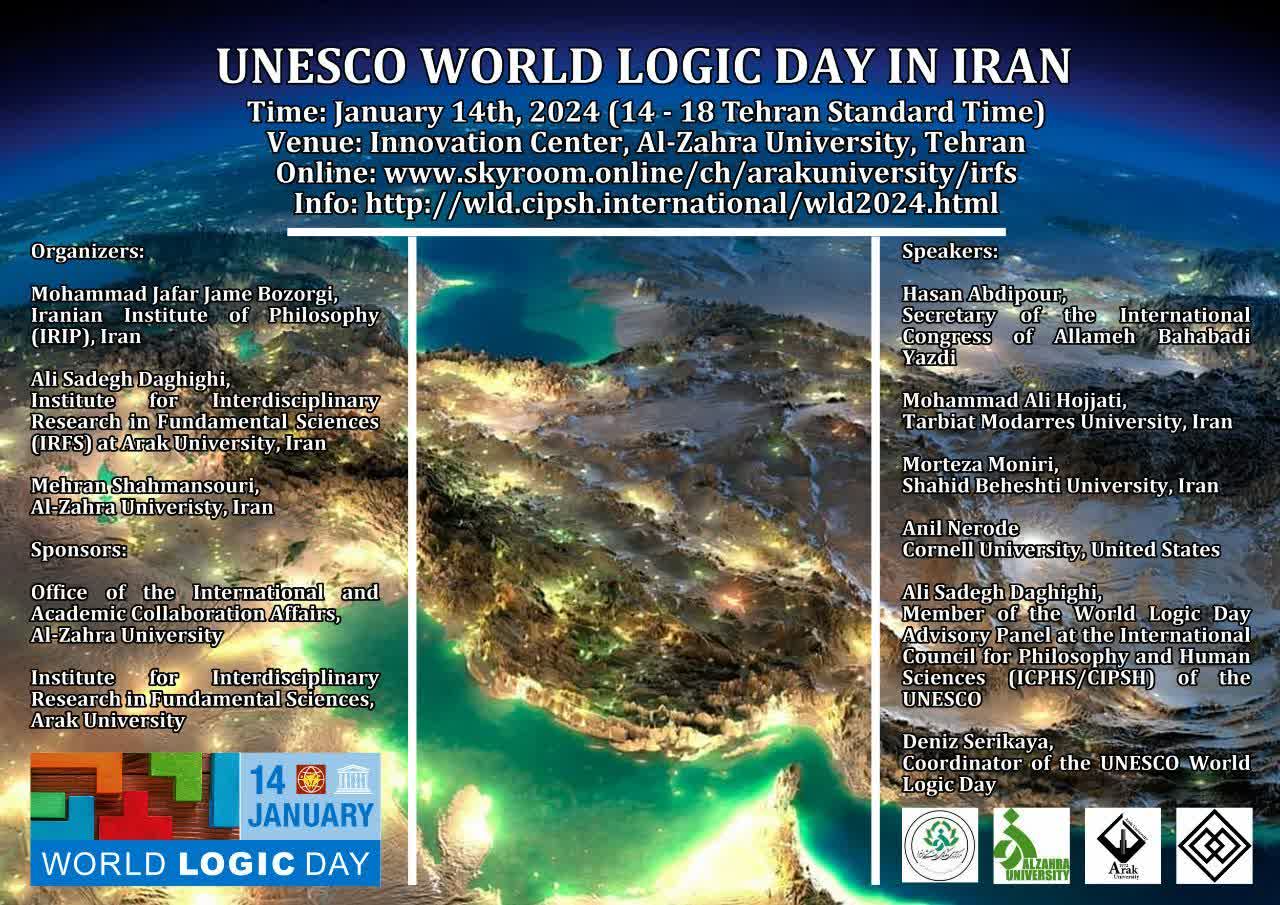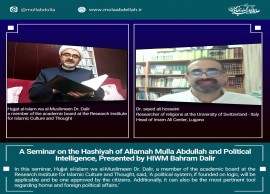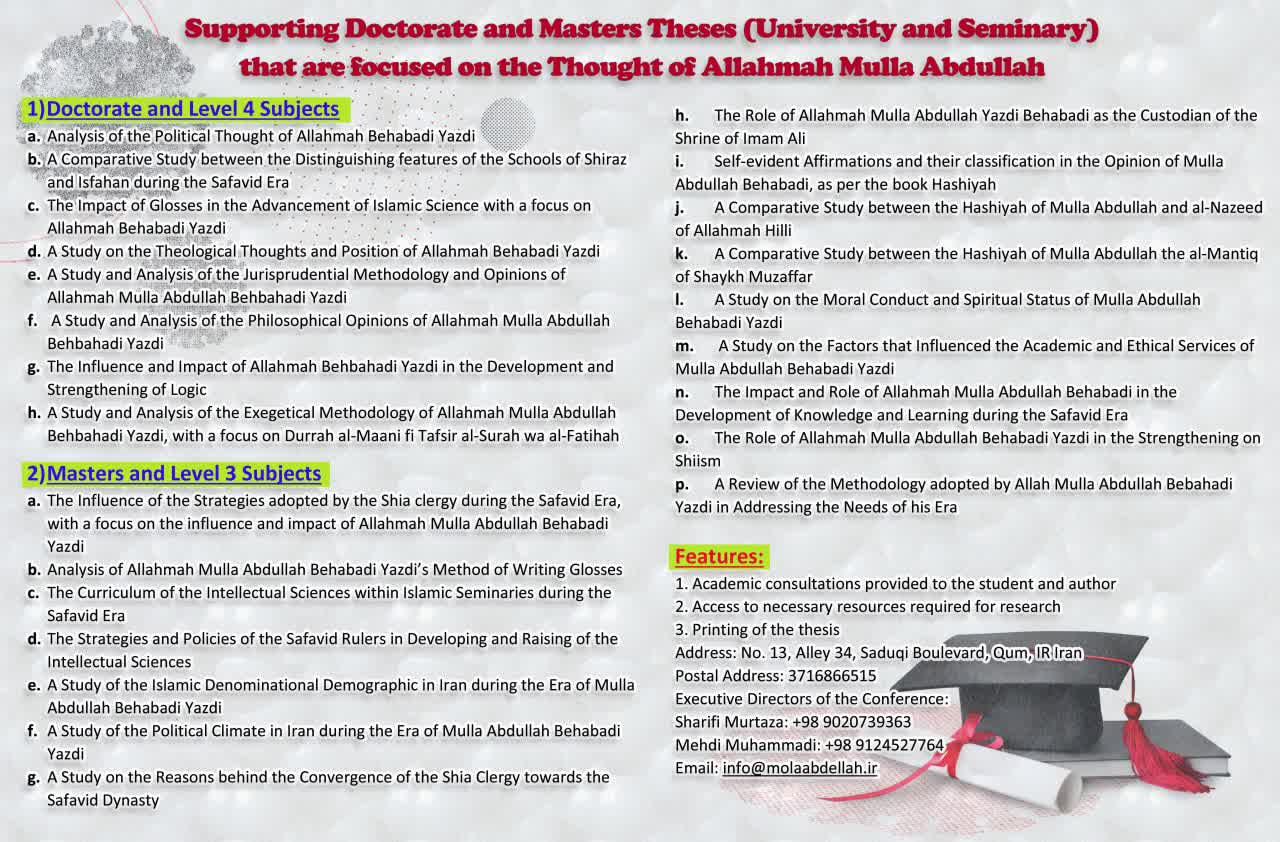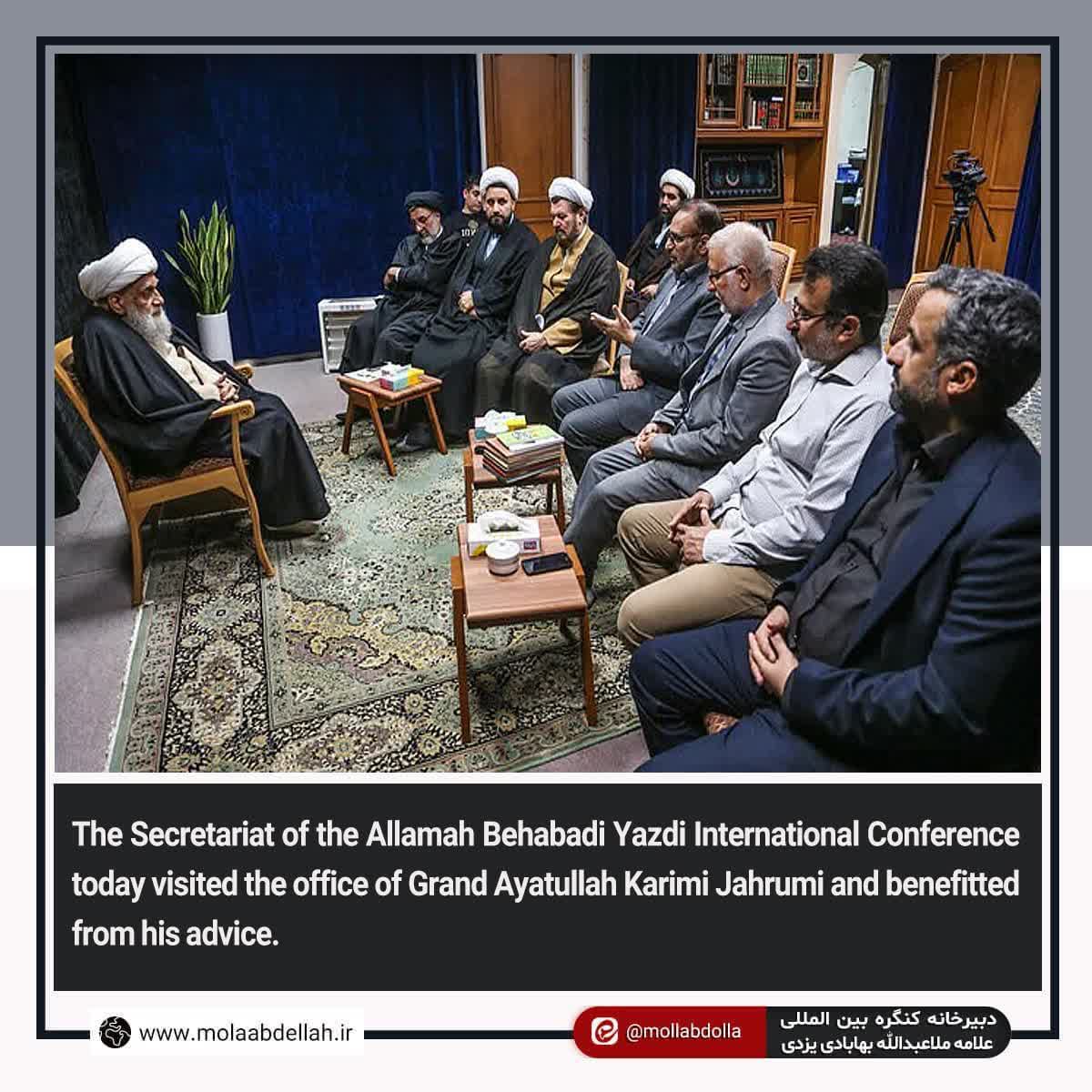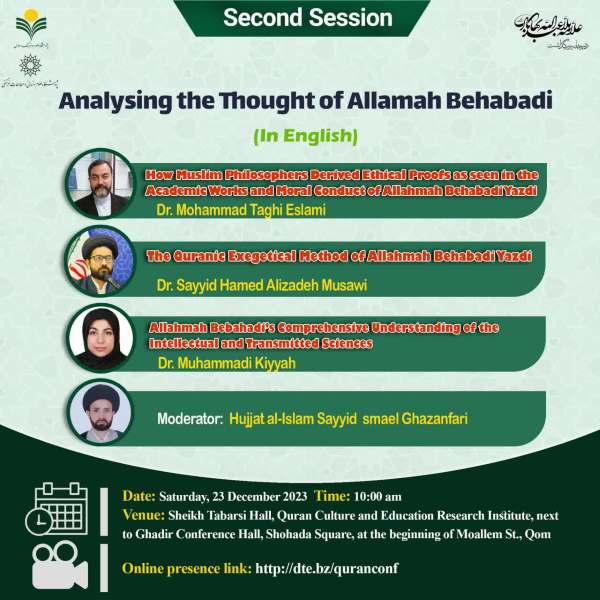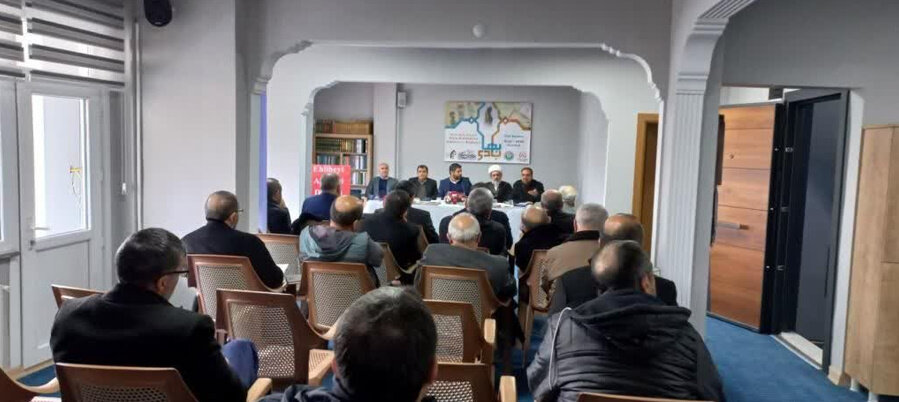Logic is necessary to move from the beginning to the end, as well as the premises of inference. But in my opinion, philosophy has no role in jurisprudential ijtihad. Because in jurisprudential ijtihad, we are looking for jurisprudential branches, and in derivation, although the intellect is used, some rulings and fatwas are, to a lesser or greater degree, intellectual, which are also mentioned in the principles of jurisprudence, but conventional wisdom and common philosophy even It has no role in ijtihad due to its sadra type. But if a mujtahid and authority on taqlid also knows philosophy, it is a good thing for him. Like the late Ayatollah Boroujerdi or Imam Rahel.
Ayatollah Seyyed Jamaluddin Din Parvar was born in 1317 in a religious family in Tehran. He is from the famous family of Darbandi, and his ancestor, Allameh Seyyed Abu Tarab Darbandi, is one of the students of Khorasani Akhund. In Qom, he received scientific and moral benefits from the presence of great teachers such as the late Allameh Tabatabai, the late Ayatollah Golpayegani, the late Ayatollah Boroujerdi, Imam Khomeini (RA) and... During his academic life, the mentioned author has written many works in the field of writing, and he is currently teaching Islamic sciences in Tehran and Qom seminaries and has trained many students in this regard. The establishment of "Nahj al-Balagheh Foundation" is one of his other measures.
Conversation with Ayatollah Seyyed Jamaluddin Din Parvar
(Chairman of Nahj Balagha International Foundation)
Hint
Ayatollah Seyyed Jamaluddin Din Parvar was born in 1317 in a religious family in Tehran. He is from the famous family of Darbandi, and his ancestor, Allameh Seyyed Abu Tarab Darbandi, is one of the students of Khorasani Akhund. In Qom, he received scientific and moral benefits from the presence of great teachers such as the late Allameh Tabatabai, the late Ayatollah Golpayegani, the late Ayatollah Boroujerdi, Imam Khomeini (RA) and... During his academic life, the mentioned author has written many works in the field of writing, and he is currently teaching Islamic sciences in Tehran and Qom seminaries and has trained many students in this regard. The establishment of "Nahj al-Balagheh Foundation" is one of his other measures.
Thank you for your time. As a first question, I wanted to ask about the status of hadith sciences and attention to Nahj al-Balagha in the Safavid era.
in the name of God. I also thank you and the rest of your friends who are trying to revive the name and works of great religious leaders. Shia has always attached great importance to the science of Hadith in the history of Islam. But in two historical periods, we see that valuable encyclopedias and hadith works emerge. A period is related to the first Sadr and the time of the late Sheikh Kilini to Sheikh Tusi, i.e. the end of the third century to the middle of the fifth century. "Muhammadun Talasa" is an interpretation used for Sheikh Kalini, Sheikh Sadouq and Sheikh Tusi, that the main hadith books of the four Shiites are from these three nobles, whose blessed name is the beautiful name of "Muhammad". Among the later ones and in the Safavid era, we have three figures whose name is the blessed name of "Muhammad" and they are also called "Muhammadun Talasa". That is, the late Faiz Kashani, Allameh Majlesi and Sheikh Har Ameli. These three nobles have compiled the most famous hadith encyclopedias among the late ones, and all three of them lived in the Safavid era.
The Safavid era was the age of the prosperity of hadith and the news of Ahl Asmat (pbuh), and since Nahj al-Balagha is one of our holy hadith texts, in this era, due to the same prosperity, there was a lot of attention to Nahj al-Balagha. Another reason for increasing attention to the text of Nahj al-Balaghah is the establishment of the Safavid Shia government and the need to take care of government religious issues, as well as the abundance of political and government issues in this holy book, and the late Allamah Sheikh Agha Bozor Tehrani published several works of commentaries on Nahj al-Balaghah in Kitab Sharif. Al-Dhariyyah mentions that Nahj al-Balagha was written about political and social issues. Some of these works have been published and we are reviving some of these works at the Nahj al-Balagheh Foundation. In general, the Safavid period is one of the brilliant periods of Islamic history, and some who have a negative view of this government is not a proper view and it will be a kind of self-harm and unfairness.
Can the attitudinal streaks of velayat al-faqih be traced in the Safavid era, including in the thoughts of Allameh Mulla Abdullah Yazdi?
Wilayat al-Faqih is a progressive thought that Imam Rahal (pbuh) played a role in developing and highlighting more than all the scholars of Islamic history. But before him, there were not a few great scholars and great jurists who believed in this topic. The late Allamah Sheikh Muhammad Hassan Najafi, who I have written the book Muqtaniyat al-Darr using his blessed book Jawahar al-Kalam, is one of the believers in the authority of jurisprudence and he says that anyone who does not believe in this category has not heard the smell of jurisprudence. They passed away to God's mercy more than half a century before Imam Khomeini's birth. In the Qajar era, especially, attention is paid to the category of religious authority. But there is one thing, and that is that many of those who have not paid enough attention to this issue and perhaps have opposed it, have not been careful in imagining the space and place of clerics in social political affairs. It was not their fault either, the government was not in the hands of the clergy. During the Safavid era, the clergy was also related to the government, and the late professor Mullah Abdullah Yazdi, that is, Mohaghegh Karki, is one of the believers in the authority of the jurist, and the Safavid Shah considers his rule valid with his consent. However, the fact that the late Mullah Abdullah believed in this category depends on the examination of his works, and that he is famous for the science of logic, and that is enough from his oppression. While - just as you said - he was a master of arts and taught and authored in various sciences. I don't think it is unlikely that he believed in the lines of belief in the authority of the Faqih. May God increase his ranks.
What is the role of logic and wisdom in ijtihad?
Logic is necessary to move from the beginning to the end, as well as the premises of inference. But in my opinion, philosophy has no role in jurisprudential ijtihad. Because in jurisprudential ijtihad, we are looking for jurisprudential branches, and in derivation, although the intellect is used, some rulings and fatwas are, to a lesser or greater degree, intellectual, which are also mentioned in the principles of jurisprudence, but conventional wisdom and common philosophy even It has no role in ijtihad due to its sadra type. But if a mujtahid and authority on taqlid also knows philosophy, it is a good thing for him. Like the late Ayatollah Boroujerdi or Imam Rahel.
What is the reason for the abundance of Yazdi philosophers?
I don't think it has anything to do with the region


